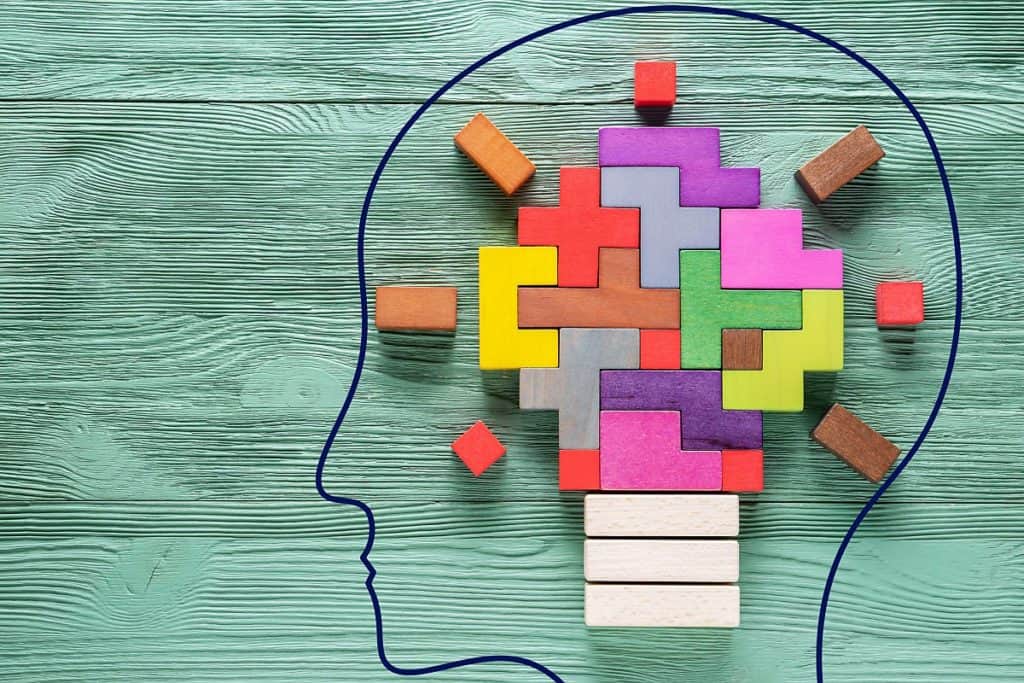Let’s face it, everyone has moments of forgetfulness from time to time, especially when life gets busy. We may also neglect to eat well or even exercise regularly. While this can be a completely normal occurrence, having a poor memory can be frustrating. However, there are excellent alternative ways to boost brain power and focus without the need for energy drinks or fancy supplements that claim “More Energy and Focus Guaranteed!”
There is nothing wrong with pursuing a short-term “better you,” sustainable self-improvement, researchers from the Mayo Clinic report that tickling the brain with low-intensity electrical stimulation in a specific area can improve verbal short-term memory. This means that these findings might lead, one day, to devices that can stimulate the brain to improve not only memory but also cognitive health say, experts.
In the meantime, here are ways to work and be energized if you want to keep it in the best working order possible.
Now tickle your brain
Close your eyes, move your feet, and smell the roses. What does this have to do with making your brain smarter? A lot. A strong memory depends on a healthy brain. It’s a changeable, flexible ability to learn and stimulate your brain that can improve over time.
Our memories are an integral part of who we are, but as we age our memory declines. It happens to all of us — and not just as we age. It also happens when we are busy, stressed, or tired. So, how do you make your brain healthy? Here’s how.
Read more!
The book may be better than the movie, but what’s the advantage of reading when you can see the movie in less time? Well, here’s the thing about reading and your brain. Taking time to read every day for about half an hour stimulates your brain and gets your creative juices flowing, by utilizing your imagination. Neuroscientists have discovered that reading can improve your brain on many levels.
According to a 2015 review, reading stimulates every part of your brain, along with the neural connections between them. That’s because it requires multiple cognitive functions, including:
- attention
- predicting
- working memory
- long-term storage memory
- abstract reasoning
- comprehension
- visual processing of letters
A study conducted at Emory University on the brain after reading fiction found that being absorbed in a good book improves connectivity in the brain and brain function. Results showed that reading heightened the connectivity in the area of the brain associated with receptivity not only for language but also to strengthen memory, learning, speech, and the interpretation of sensations. “Even though the participants were not reading the novel while they were in the scanner, they retained this heightened connectivity,” says neuroscientist Gregory Berns, lead author of the study and the director of Emory’s Center for Neuropolicy. Researchers call that “shadow activity,” which is similar to muscle memory. Reading keeps your memory sharp, your learning capacity agile, and your brain healthier as you age.

Exercise more!
In a recent study, staying physically active is one of the best ways to improve brain functioning. Exercise increases the flow of oxygen to your brain and stimulates an increase in neural connections. It also enhances the connection between the hippocampus and other brain regions that regulate memory.
Physical exercise also reduces your chances of developing complications such as diabetes, high blood pressure, and heart disease, which can impact memory.
In a recent study, researchers found a direct link between physical exertion and mental function. Exercise increases the flow of oxygen to your brain and stimulates an increase in neural connections. To enjoy the cognitive benefits of exercise, it’s important to do it regularly. The good news is that you don’t have to exercise vigorously to reap the benefits.
Simply walking 20 to 30 minutes a day is enough to gain the brain-boosting and heart-pumping benefits of exercise, so don’t feel overwhelmed by the need to get an expensive gym membership. Just get outside and get moving!
Eat less saturated fats!
Healthy fat such as flax seeds, walnuts, and avocados helps fight inflammation throughout the body, including the brain. According to a study published in the journal Neurology, chard, kale, wild-caught salmon, organic eggs, avocados, olive oil, and nuts are all “brain foods” that protect nerve cells and increase your brain’s muscle strength. So, when it comes to fat choose healthy fats that help fight inflammation in the body and brain.
Higher saturated fatty acid intake was associated with poor verbal memory, whereas higher monounsaturated fatty acid intake improved verbal memory. Study participants who ate the most saturated fats from foods, such as red meat and butter, performed worse on tests of thinking and memory than women who ate the lowest amounts of similar fats.
Yes, our brains need fat, but too much fatty food can also be bad for your memory. Superfoods like flax seeds, walnuts, and avocados are great sources of DHA omega-3 fatty acids, natural phytosterols, and antioxidants, shown to actually reverse brain aging and improve memory as well.
Limit your sugar intake!
Eating too much added sugar has been linked to many health issues and chronic diseases, including cognitive decline. Research from the University of California found that a sugar-laden diet damages memory and learning, particularly in the area of the brain that stores short-term memory.
Researchers studied the behavior of rats who were fed a steady intake of concentrated fructose for six weeks and were tested to see if they could find their way out of a maze. Not surprisingly, the rats showed significant impairment in their cognitive abilities and struggled to remember their way out of the maze. Additionally, they were generally slower, and their brain cells dropped when signaling each other.
Sugar may be sweet, but too much will greatly diminish your intelligence. Cutting back on sugar not only helps your memory but also improves your overall health.
Stimulate your brain
The bottom line, these minor challenges make the brain work better because it’s encountering something it hasn’t experienced before. Read, take courses, try math problems or test your IQ online. Remember, intelligence isn’t about knowing more than other people. It’s about stimulating your brain, being able to solve problems, and learning new things. If you strive to work your brain every day, you will notice differences in the way you think and act.
There are many fun, simple, and even delicious ways to improve your memory. Exercising your mind and body, enjoying a quality piece of chocolate, and reducing the amount of added sugar in your diet are all excellent techniques. Start a hobby and begin experimenting with things that require both manual dexterity and memory, like painting, pottery, photography — basically anything that interests you.
It doesn’t take that much to learn a few new tricks, reshape your brain and improve your memory. Remember that it won’t happen overnight, don’t get discouraged. With patience and perseverance – and some hard work and diligence – you can train your brain to function at its top potential – which can positively benefit every aspect of your life.




Very useful advice, especially about reading. I had tended to give up reading, but I can now see that is a mistake.